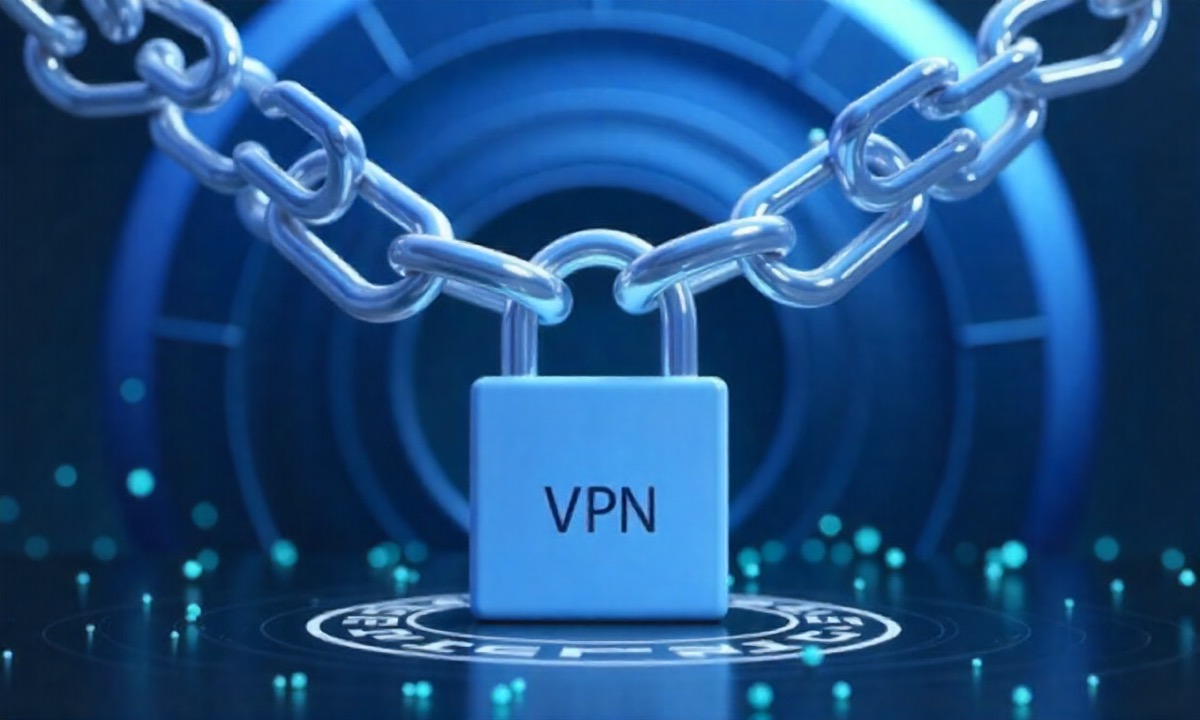Digital media is changing quicker than ever before. People now use streaming, gaming, and interactive platforms as their main ways to enjoy entertainment and contribute their creative work. But even with this development, rules and limits on some internet platforms are still changing how people interact with material. These shifts make people wonder about access, privacy, and the future of media consumption for both artists and consumers.
A free VPN for Windows is one of the most useful things that people utilize when they run into problems. A VPN lets people safely and without interruption access digital platforms by encrypting their online activities and hiding their browsing data. More than simply desktop users may now use this capability. A VPN app that works on both Android and iOS is very important because most people use digital media while they’re on the go. You can stay anonymous and get to the same information with these apps on your phone.
It’s not only entertaining to use streaming services, play online games, and visit social media sites anymore. They are ecosystems that shape culture and drive business. Restrictions may have a lot of different implications, making it hard for producers who need recognition for their work and for those who want to always be able to access their favorite material. These disruptions may hurt businesses’ advertising plans, sponsorships, and chances to get people involved, which shows how important it is to have consistent and open access to media platforms.
Restrictions also reshape audience behavior. When a popular service goes down, people tend to move fast to find other services that offer comparable experiences. This shift has consequences on the whole digital media environment, leading to new platforms and new ways for producers to reach new audiences. At the same time, it often breaks up communities, ruining the shared cultural events that used to unite millions of people in real time.
Another important thing to think about in this changing world is privacy. When rules are put in place, people frequently watch what users do more closely. This makes people worry about the safety of their data, especially when personal information is linked to media subscriptions, gaming accounts, or payment methods. VPNs are very important here since they create encrypted paths that protect not only access but also the privacy of user data.
For creators, limits may be both a problem and a motivator. They can lose access to sites they know well and where they’ve grown their following. On the other hand, these kinds of problems sometimes make producers try out new forms, methods, or ways to get their work out there. History has demonstrated that creativity grows when there are limits, and this is also true for digital media. New types of material have come forth in reaction to limited access in the past. These include short videos and immersive experiences.
Restrictions have effects on many levels of the digital environment, which are felt in the economy. Influencers, ads, streaming services, and even single acts lose when they can’t reach the people they want to. Not only do many people lose money, but the communities they’ve worked so hard to build over the years fall apart without warning. But because these groups are so strong, they often come up with creative ways to get around problems, like moving to different platforms or using safe programs to get back in.
The crowd feels the same way. People use digital media every day, in their social lives, and in their cultural lives. It’s not just a way to have fun. When constraints disturb that habit, people look for methods that will let them access things all the time. VPNs are a significant part of this flexibility since they keep your media experiences the same and secure your privacy, no matter what device you’re using.
Digital media has always been influenced by changes in technology and access, and restrictions are only one more step in that process of development. They break apart old patterns, but they also provide room for new ideas, changes, and better ways to protect users’ privacy.


